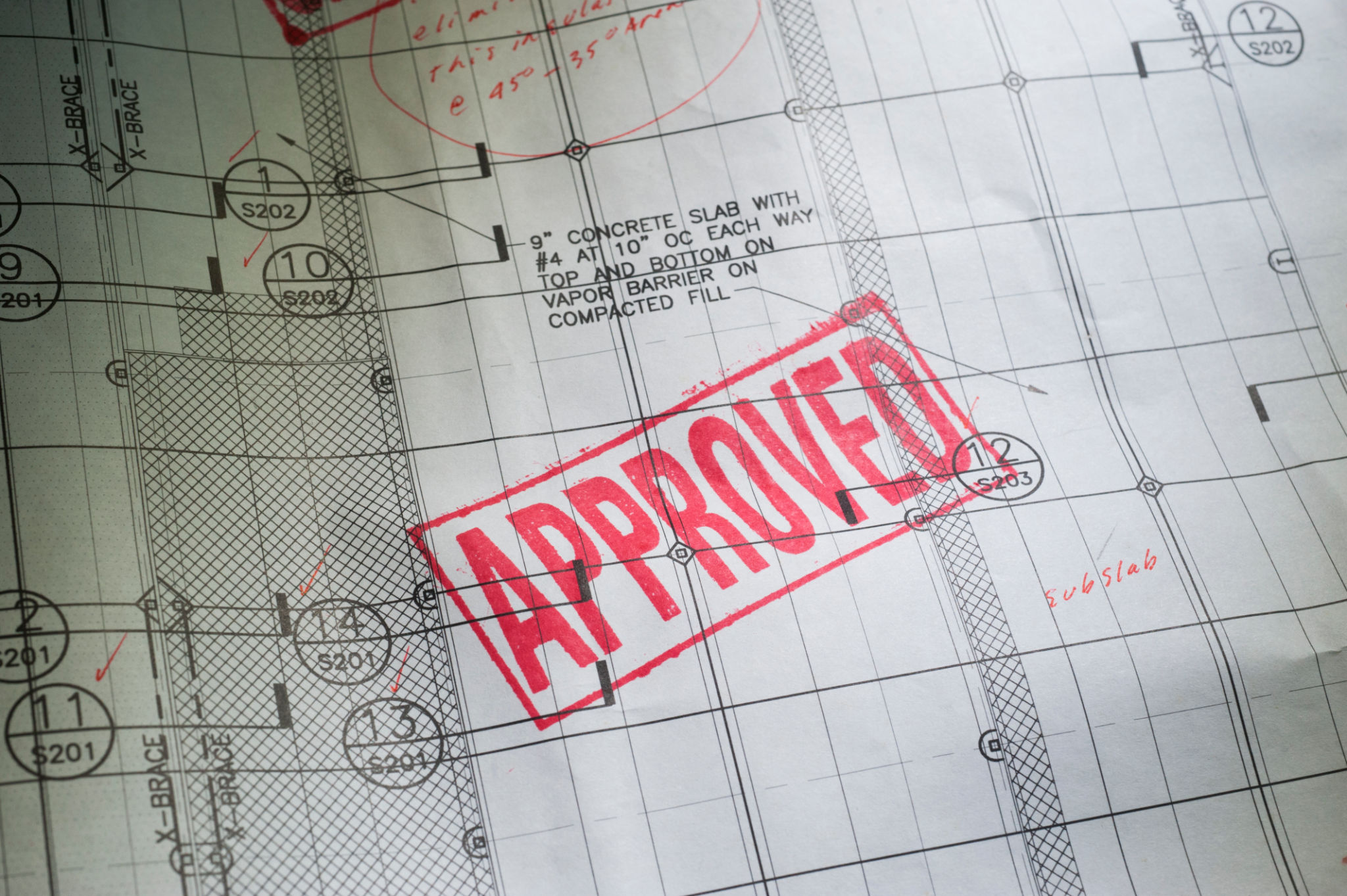Demolition Done Right: Key Considerations for Safe and Efficient Projects
Understanding the Basics of Demolition
Demolition is more than just tearing down buildings; it's a precise science that requires careful planning and execution. Whether it's a small residential project or a large commercial building, understanding the fundamentals of demolition is crucial for ensuring safety and efficiency. Before starting any demolition project, it's essential to evaluate the structure, plan the process meticulously, and comply with all relevant regulations.
Key factors such as the type of building materials, the presence of hazardous substances, and the surrounding environment must be considered. Each of these elements can significantly impact the demolition strategy and processes used.

Planning and Permits
The first step in any successful demolition project is comprehensive planning. This involves conducting a thorough site assessment to identify potential hazards and logistical challenges. It's important to develop a detailed plan that outlines each phase of the demolition, from initial preparation to debris removal.
Securing the necessary permits is another critical component. Different jurisdictions have varying regulations and requirements, so it's important to work with local authorities to ensure compliance. Failure to obtain the proper permits can result in costly delays and legal issues.

Choosing the Right Demolition Method
There are several demolition methods available, each suitable for different types of projects. Common methods include mechanical demolition, implosion, and deconstruction. Mechanical demolition involves using heavy machinery like excavators and bulldozers to tear down structures, while implosion uses controlled explosives to collapse a building inward.
Deconstruction, on the other hand, involves dismantling a structure piece by piece, allowing for the reuse or recycling of materials. This method is more environmentally friendly but can be time-consuming.
Safety Considerations
Safety is paramount in any demolition project. Proper safety protocols must be in place to protect workers, nearby residents, and properties. This includes wearing appropriate personal protective equipment (PPE), implementing dust control measures, and ensuring that all equipment is in good working condition.
Additionally, conducting regular safety briefings and training sessions can help prevent accidents and injuries on site. It's also crucial to have an emergency response plan in place should any unforeseen incidents occur.

Environmental Impact
Demolition projects can have significant environmental impacts if not managed properly. Proper waste management practices should be implemented to reduce the amount of debris sent to landfills. Recycling and reusing materials not only minimize waste but also contribute to sustainable construction practices.
Consideration should also be given to minimizing noise pollution and controlling dust emissions, which can affect air quality and disrupt local communities.
Efficient Debris Removal
The final stage of demolition involves efficient debris removal. Proper sorting and disposal of materials ensure that recyclable items are recovered, hazardous waste is handled safely, and non-recyclable materials are disposed of responsibly.
Using sustainable practices in debris removal can also be cost-effective in the long run, as recycling can offset disposal costs and reduce the environmental footprint of the project.

Conclusion: The Importance of Expert Guidance
For a demolition project to be safe and efficient, it requires expert guidance from professionals experienced in the field. Hiring a reputable demolition contractor ensures that all aspects of the project are managed effectively, from initial planning to final cleanup.
In conclusion, successful demolition is about more than just bringing down a structure; it's about doing it right, with careful consideration for safety, environmental impact, and efficiency. By following these key considerations, you can ensure that your demolition project is executed smoothly and responsibly.